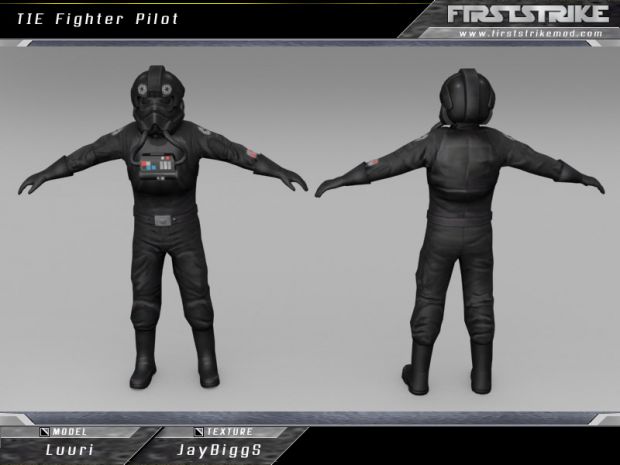

That was about the shuttle program of that era, and the early imaginings of the International Space Station that, years later, actually happened. "My first game along those lines was called Project: Space Station, which I did in 1985. "What really intrigued me was doing simulation games, or games that had some recreation of the real world," Holland says. Curious, he went out and bought a Commodore 64 and began teaching himself the assembly language.Īrt from the official TIE Fighter strategy guide (Image credit: Lucasfilm) That's when I got very accidentally exposed to the current state of computers and computer software and computer games." Holland had dabbled in programming in high school in the mid-seventies, but the tech world had already entered a new age. "At the time, I was in kind of an old-style rooming house in San Francisco, and one of my roommates there actually had an Atari 800. In 1981, Larry Holland wound up in the Bay Area, hoping to pursue a doctorate at UC Berkeley while working a job on the side. But the mag did declare TIE Fighter "the best space-combat simulation ever created," and more than 25 years later, few Star Wars fans would argue otherwise. PC Gamer magazine's writers named it the year's best action game, and it probably only lost out on the overall game of the year award for one reason: id Software's Doom. But it's funny how these things work out.Ĭritics thought so, too. None of that seemed like an obvious path toward making TIE Fighter, a groundbreaking flight sim that would have a dramatic impact on the Star Wars universe, and certainly one of the greatest Star Wars games of all time. He toured Kenya and Tanzania and visited ancient sites such as the Olduvai Gorge-"sort of like the cradle of man." After graduating, he spent a year working and saving up for a trip around the globe. Through high school and college, Holland studied Latin, Greek, human evolution, prehistoric archaeology, anthropology. "I wanted to explore the world and find lost civilizations and make sure they weren't lost to time," he says. His childhood dream, starting around fifth grade, was to become an archaeologist.

That's Holland's casual way of saying he never really planned on designing some of the most popular PC games of the '80s and '90s, or aspired to meet Steven Spielberg and learn the director was a fan. "I call myself an accidental entrepreneur," says Larry Holland.


 0 kommentar(er)
0 kommentar(er)
